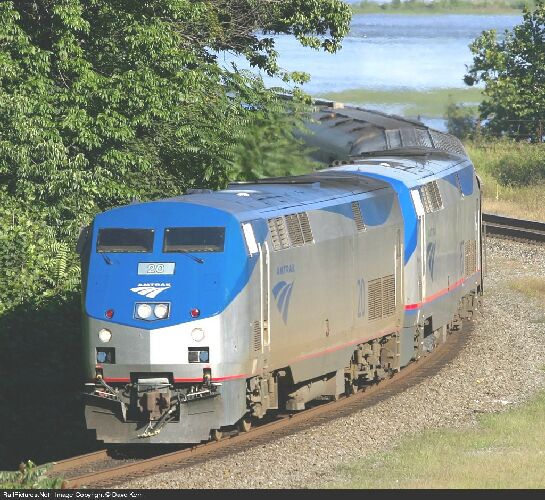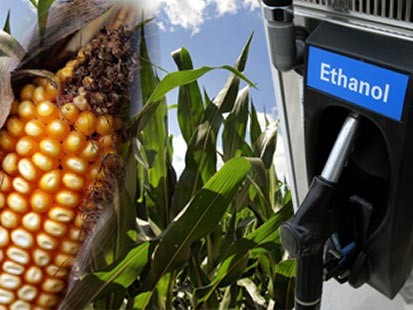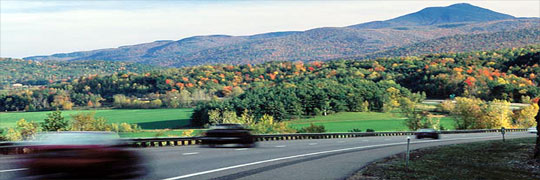
Several Vermont towns and Connecticut River Transit Inc. received money last week from different funds that will inevitably better Vermont's transportation infrastructure. 21 Vermont towns will receive a total of $2.8 million in community enhancement grants from the Vermont Agency of Transportation. Of 41 applicants Arlington, Bennington, Poultney, Hubbarton, and 17 others were chosen as grant recipients based on their need for money that will go toward infrastructure improvements, including roads, bridges and sidewalks as well as bike and walking paths. Brighton, South Hero, and Wallingford will receive the largest sum of $300,000 each. Connecticut River Transit also recently received a grant of $10,000 from the Vermont Community Foundation. Executive Director of Connecticut River Transit, Gary Fox, says the money will help keep them running with rising fuel prices. [Sources: Rutland Herald, Burlington Free Press, & The Reformer]





